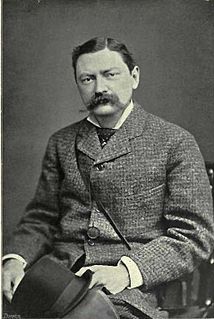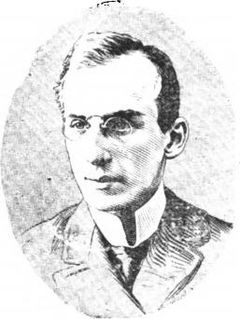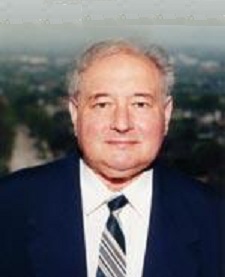A Quote by Henry James Byron
Related Quotes
Like Dvoretsky, I think that (all other things being equal), the analytical method of studying chess must give you a colossal advantage over the chess pragmatist, and that there can be no certainty in chess without analysis. I personally acquired these views from my sessions with Mikhail Botvinnik, and they laid the foundations of my chess-playing life.
Well, I kind of split my life into two pieces. One was where my chess career lies. There, I kept my sanity, so to speak, and my logic. And the other was my religious life. I tried to apply what I learned in the church to my chess career too. But I still was studying chess. I wasn't just "trusting in God" to give me the moves.
I love chess, and I didn't invent Fischerandom chess to destroy chess. I invented Fischerandom chess to keep chess going. Because I consider the old chess is dying, it really is dead. A lot of people have come up with other rules of chess-type games, with 10x8 boards, new pieces, and all kinds of things. I'm really not interested in that. I want to keep the old chess flavor. I want to keep the old chess game. But just making a change so the starting positions are mixed, so it's not degenerated down to memorisation and prearrangement like it is today.
I started playing chess when I was about 4 or 5 years old. It is very good for children to learn to play chess, because it helps them to develop their mental abilities. It also helps to consolidate a person's character, because as it happens both in life and in a chess game we have to make decisions constantly. In chess there is no luck and no excuses: everything is in your hands.
I used to play a lot of chess and competitive chess and study chess and as you get to the grandmasters and learn their styles when you start copying their games like the way they express themselves through... The way Kasparov or Bobby Fischer expresses themselves through a game of chess is it's astonishing. You can show a chess master one of their games and they'll say "Yeah, that is done by that player."



































